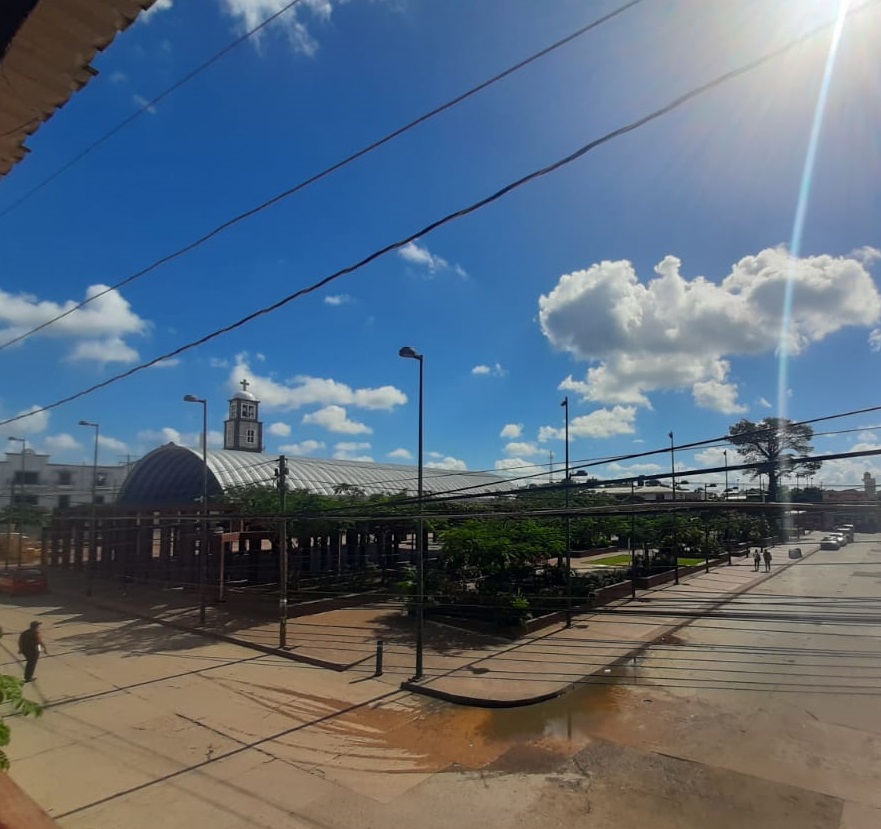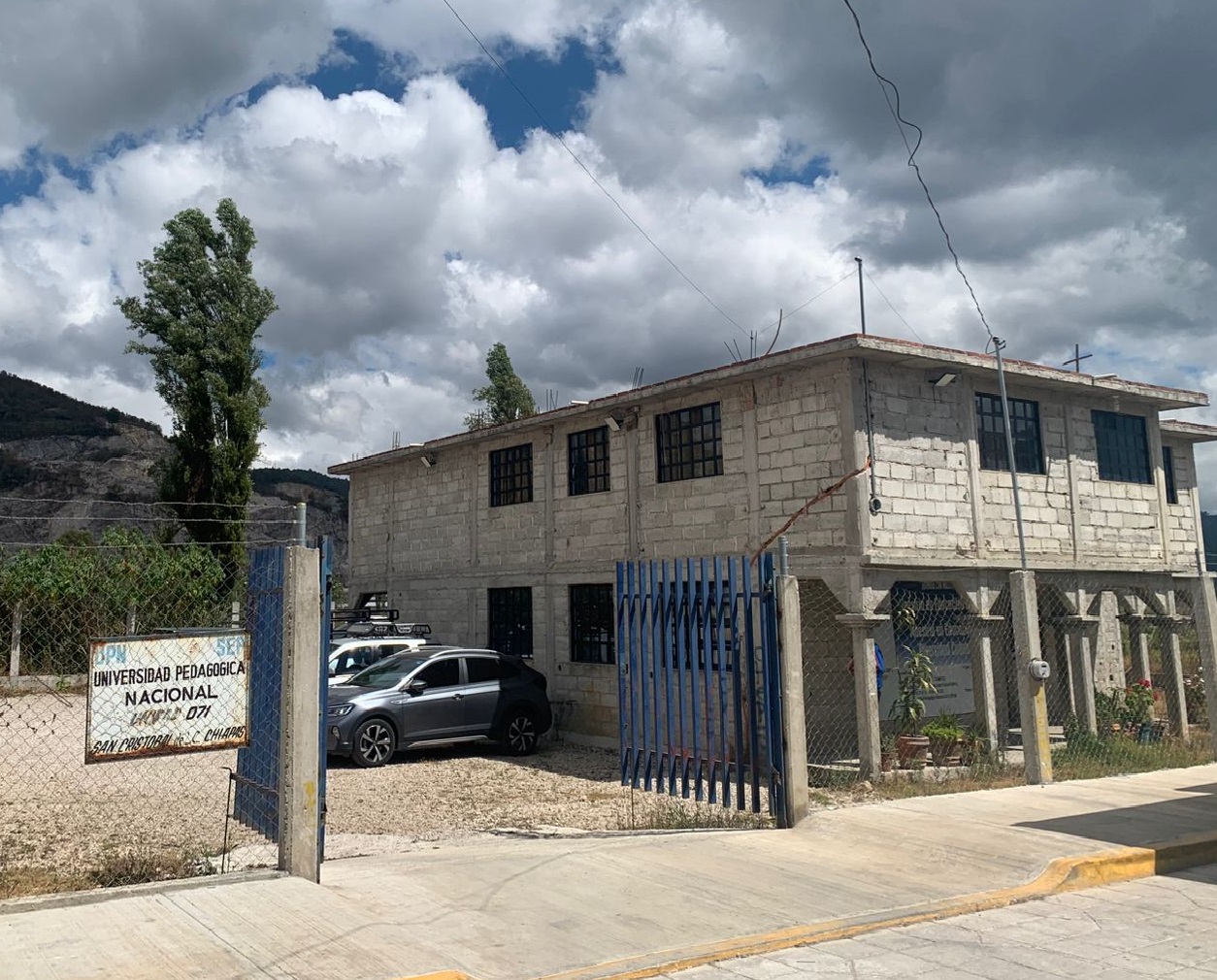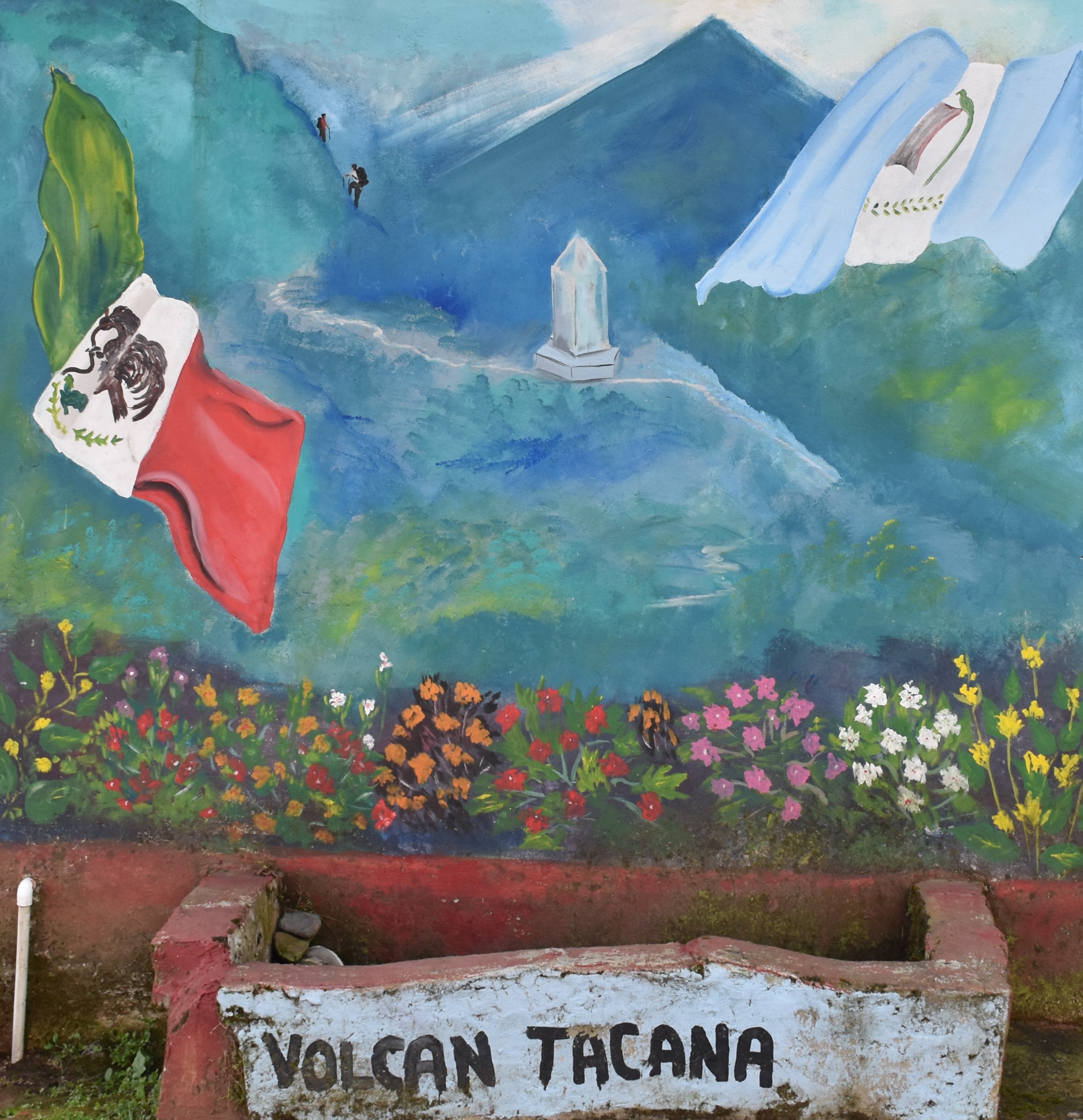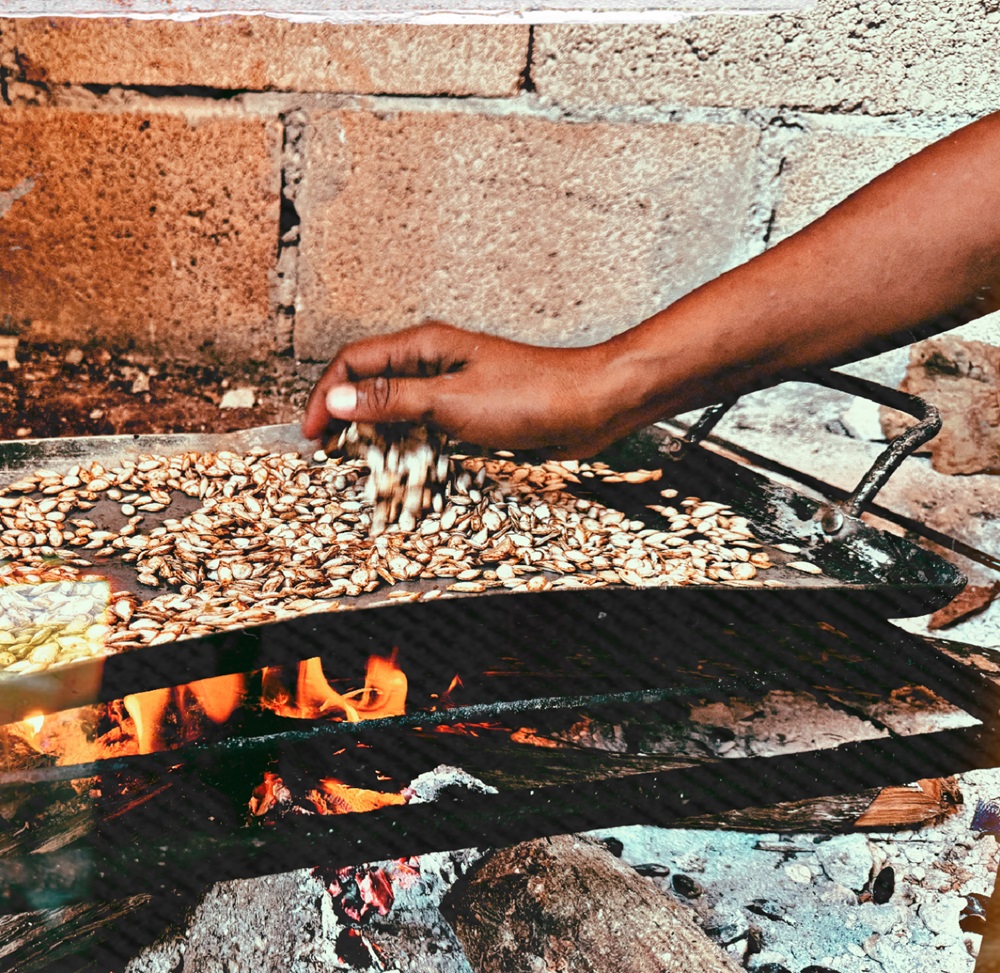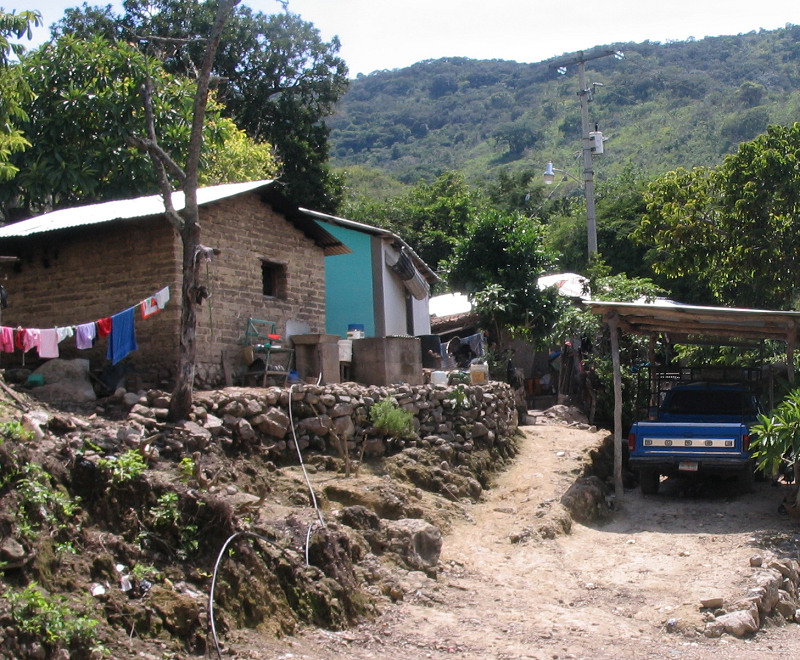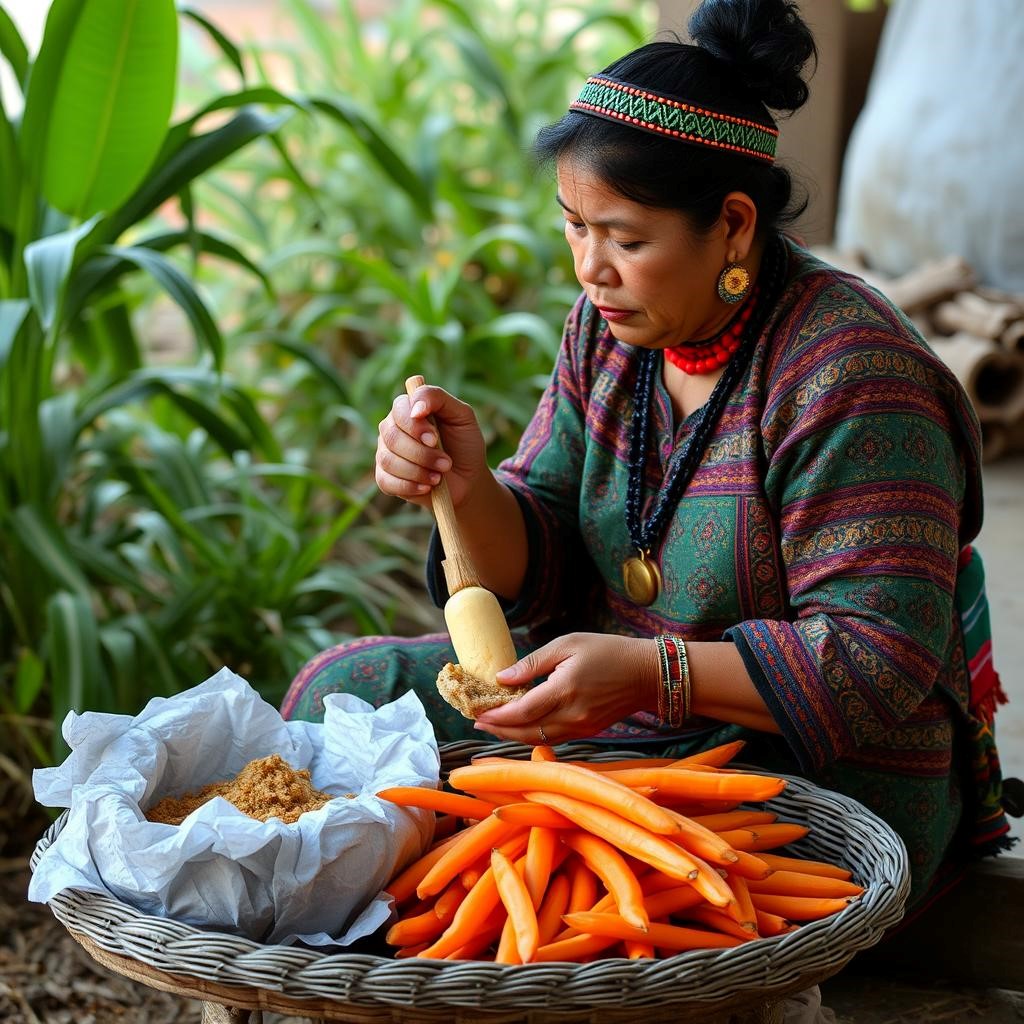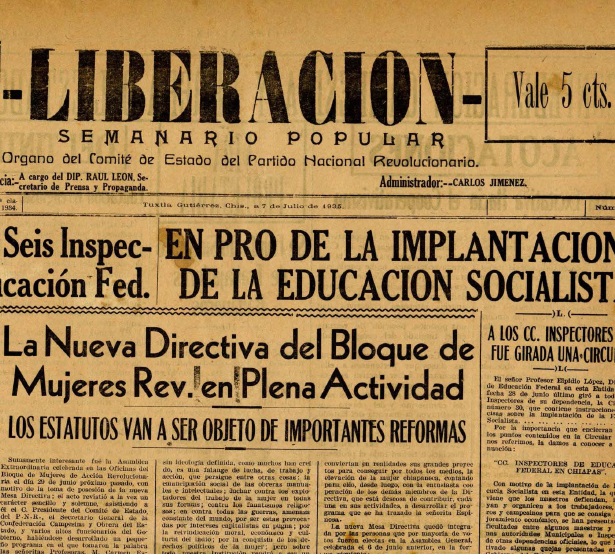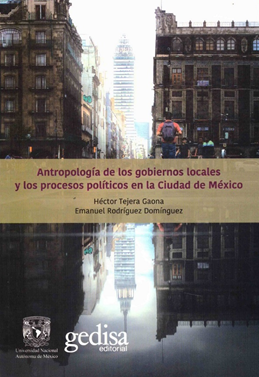Revista Pueblos y fronteras digital is a social science publication, edited by Centro de Investigaciones Multidisciplinarias sobre Chiapas y la Frontera Sur of the Universidad Nacional Autónoma de México (CIMSUR-UNAM). Through articles and bibliographic reviews, the Journal disseminates scientific research results regarding borders between peoples, social groups, and States. The Journal’s policy is to publish and receive original texts on a continuous basis. The latter are submitted to a rigorous evaluation process by means of a blind peer review system, thus complying with scientific quality standards.
Current Issue
Artículos
Diabetes as a Public Health Challenge. Reflections from Southeastern Mexico
This article examines the persistence of diabetes as a public health problem in Mexico, with a particular focus on Chiapas. Despite the efforts made by health authorities since 1994, diabetes remains one of the leading causes of mortality. By...
In Search of a Good Venture. Own Economies in Black Communities of Buenaventura (Valle del Cauca, Colombia): Community Plant for Social Transformation by AMUCIB (1980-2024)
The article aims to reflect on the construction of collaborative knowledge between Universidad Externado de Colombia and the Association of Black, Indigenous, and Peasant Women of Buenaventura (AMUCIB, its Spanish acronym), focusing on the...
Perception of Psychological Violence in Adolescent Dating in Tamulté de las Sabanas, Tabasco: A Gender Perspective
This article aims to analyze how adolescent boys and girls from indigenous community of Tamulté de las Sabanas, located in the municipality of Centro, Tabasco, perceive psychological violence in dating relationships. It also seeks to identify...
Women who Gestate and Birth Themselves: Reproductive Experiences as Embodied Learning Processes
This article explores women’s reproductive experiences as embodied learning processes, while also examining the impact of social class on these experiences. Using a qualitative methodology with a biographical-narrative approach, it analyzes the...
The First Ladies in Chiapas, Mexico (1980-1990), An Extensión of the Private Sphere to the Public Sphere?
First ladies in Mexico —wives of municipal, state and federal rulers— have traditionally been perceived as playing a secondary, subordinate role, as a mere «decorative flower», as it might be said in a context of renewed misogyny. However,...
More Alone than Ever: Experiences and Practices of Bilingual Teachers during covid-19
This article explores the experiences of bilingual teachers during the COVID-19 pandemic, focusing on the tactics and strategies they employed to address the challenges of distance education. The analysis is grounded in Michel de Certeau’s...
Transnational Networks in the Inter-American Cold War: The Israeli Military Complex in Guatemala
From the historiographical trend of the Inter-American Cold War and within a transnational framework, this article analyzes the Israeli military-industrial complex as a strategic actor in counterinsurgency efforts in Guatemala during the...
Intertwining Paths: Literature and Ethnography in Two Mexican Anthropologists
This essay demonstrates the close relationship between ethnography, developed by anthropologists in their scientific work, and literature, particularly the novel. It argues that the experience of fieldwork, which involves various techniques,...
Scope and Limitations of Statistical Sources on Employment and Access to Medical Services of the Guatemalan Population on the Southern Border of Mexico
The aim of this paper is to provide a general overview of statistical sources on employment and access to medical care for the foreign population in Mexico. The review focuses on sources that capture stock, migration flows, and administrative...
Walking the Border between México and Guatemala. Cross-border Everyday Landscape Production through Tourism on the Tacaná Volcano
The article aims to analyze how the recent tourist practices on the Tacaná volcano —located on the border between Mexico and Guatemala— contribute to the production of everyday geopolitics that transforms the experiences and representations of...
Tren Maya and Gentrification: The Development Paradox in Quintana Roo
The Maya Train is an infrastructure project for southeastern Mexico aimed at boosting economic development. However, it is located in a region with significant structural inequalities, which could lead to adverse effects, such as gentrification...
Evolution and Causes of Internal Migration in Mexico: An Analysis of the 1995-2000 and 2015-2020 Periods
This study analyzes the recent dynamics of internal migration in Mexico using data from 10 % samples of the 2010 and 2020 Population and Housing Census, collected by the National Institute of Statistics and Geography (INEGI) and processed...
Ambivalent Vulnerability and Memorie: COVID-19, Mayan People and Possible Futures
This article examines an approach to the vulnerability as an analytical category, moving beyond an impressionistic perspective that considers only certain actors as intrinsically vulnerable. We use the concept of ambivalent vulnerability to...
Gender and Commodification of Health in the Altos Region of Chiapas: An Ethnographic Approach
Through in-depth interviews, the role of Indigenous women from the Altos de Chiapas region in decision-making and financial strategies to access private healthcare when their children become ill was explored. The results indicate that...
The Subjectivized Border: Children’s Perspectives in Mobility Processes
This article aims to discuss the need for interdisciplinary work to comprehensively support children in mobility situations. Based on research with 10 focus groups of migrant adults and a socio-educational intervention involving 25 children...
Between Displacement and Loss: Consequences of Violence on Reproductive Health and Maternity in Chiapas, Mexico
This study analyzes the consequences of violence and forced displacement on reproductive health and maternity of women in Chiapas, Mexico, within a context marked by increasing armed conflicts and the presence of organized crime. The research...
Food in the Countryside: Collective Memory of a Group of Indigenous Women from Rural Mexican Communities
A qualitative study was conducted with the aim of understanding the collective memory of a group of indigenous women living in the metropolitan area of Monterrey (Nuevo León, Mexico) regarding the food they consumed when they lived in rural...
Integration of Women, Youth, and Teachers in the Chiapas Political Context, 1925-1945
The article aims to analyze and describe the process through which youth, women, and teacher groups became active elements in the political system of Chiapas, Mexico, between 1925 and 1945. The assimilation of these groups into the control...
From Guerrillas to Police in El Salvador. Post-Insurgency Reconversion of Former FMLN Combatants in the PNC (1993-2024)
With the objective of reconstructing trajectories of ex-combatants of the Frente Farabundo Martí para la Liberación Nacional (FMLN) as members of the National Civil Police (PNC) of El Salvador, this article discusses the concept of...
Between Falling Ill, Healing the Casting of Evil (ak’bil chamel), and the Extermination of its Agents
This text discusses how the Tsotsils of Chamula and Chenalhó, as well as the Tseltals in Oxchuc —all municipalities in Chiapas, Mexico— conceived and confronted the risks and causes that led individuals to become subjected to ak’bil...
Reseñas
On Ethnobiology and its Frameworks in Mexico. Review of the Book Edited by Nemer Narchi Narchi and Felipe Ruan Soto
This document presents a review of Etnobiología a la mexicana. Métodos, consejos y lineamientos selectos del campo, edited by Nemer Narchi Narchi and Felipe Ruan Soto, a book whose main objective is to present general frameworks for...
Ethnography, Orinthology and the Spiritual Worldview of a Tsotsil Maya Healer
In this remarkable work of collaboration, Diane Rus shares the spiritual worldview of her friend and traditional healer, Maruch Méndez. Messenger birds are at the center of Méndez’s life and practice, connecting her with a Pan-Maya fascination...
Public Management and Extractive Economy in Mexico City
Based on a long trajectory of studies on political dynamics in Mexico City, Héctor Tejera and Emanuel Rodríguez, in their book Anthropology of Local Governments and Political Processes in Mexico City, offer readers a perspective on the...






